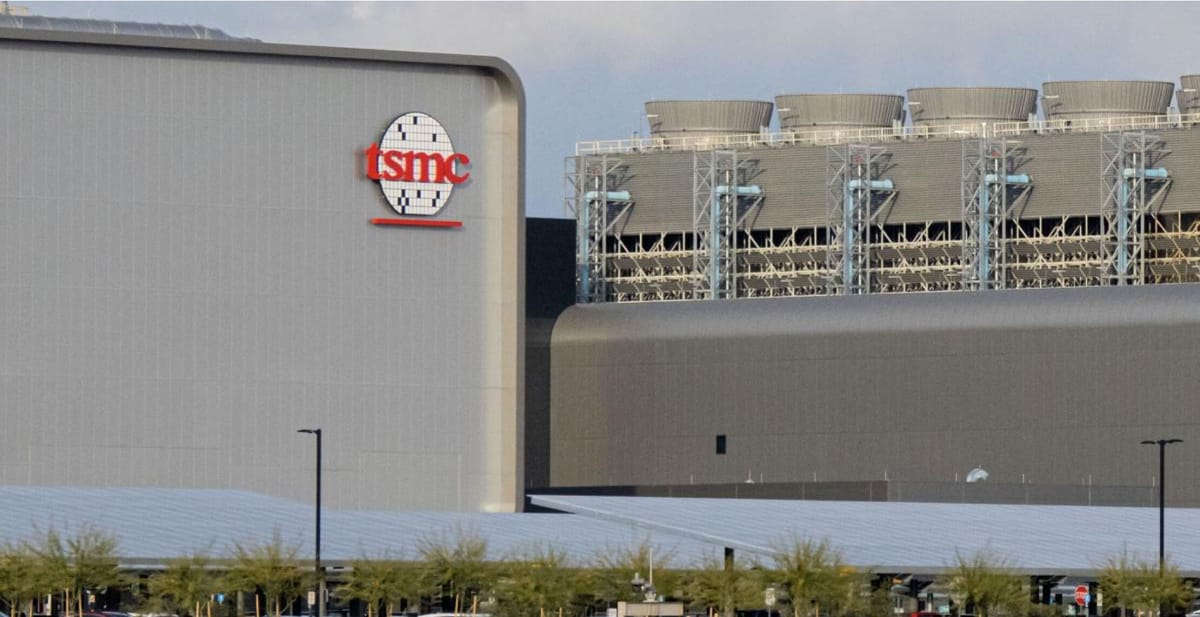
TSMC's new Arizona semiconductor plant is exceeding expectations, with its chip production achieving better results than the company's Taiwan facilities. During a Potomac Institute webinar on Wednesday, TSMC US President Rick Cassidy revealed that the Phoenix factory is producing about 4% more usable chips compared to similar plants in Taiwan.
Achieving a higher yield—a crucial industry metric that gauges the percentage of usable chips produced—underscores the progress being made in Arizona and TSMC’s ability to replicate, and even surpass, its high production standards outside of Taiwan.
It is a significant milestone and an encouraging sign for both TSMC and the U.S. government's broader push to re-establish semiconductor manufacturing on American soil. The Phoenix plant began trial production in April using 4-nanometer process technology. Apple’s A16 Bionic chips are already being produced there and AMD is set to begin manufacturing AI high-performance computing chips soon.
This progress comes despite initial challenges at the Arizona site, including worker safety concerns and difficulties finding skilled staff to install advanced equipment. These issues previously forced TSMC to delay the plant's full production start to early 2025, a year later than originally planned.
The U.S. government has pushed aggressively for semiconductor self-sufficiency, leveraging the 2022 CHIPS and Science Act to incentivize chipmakers like TSMC. With $6.6 billion in government grants and $5 billion in loans on the table—plus 25% in tax credits—TSMC’s expansion in Arizona has been a flagship project for the Biden administration's efforts to revive domestic semiconductor production. These efforts are also seen as a way to protect supply chains from geopolitical risks and ensure technological competitiveness.
Cassidy hinted that the successful yields in Arizona could pave the way for further expansion, suggesting that TSMC may even look to build more facilities if more government support is offered. There’s room for at least six fabs at the Phoenix complex, and conversations are reportedly already happening in Washington about a possible second CHIPS Act to further expand the nation’s chip manufacturing capacity.
While TSMC's Arizona operation is seeing some success, other major chipmakers central to U.S. manufacturing plans have faced setbacks. Intel, expected to be the largest recipient of CHIPS Act funding, has delayed global projects and considered selling assets due to financial pressure. Samsung is reportedly struggling to win major contracts for its $17 billion production facility in Taylor, Texas.
The positive results from Arizona arrive as TSMC experiences broader momentum. The company recently reached record-high share prices after exceeding quarterly expectations and raising its 2024 revenue growth forecast.

